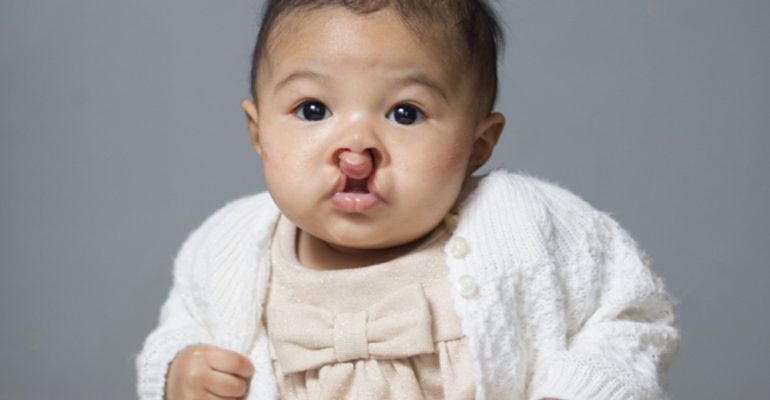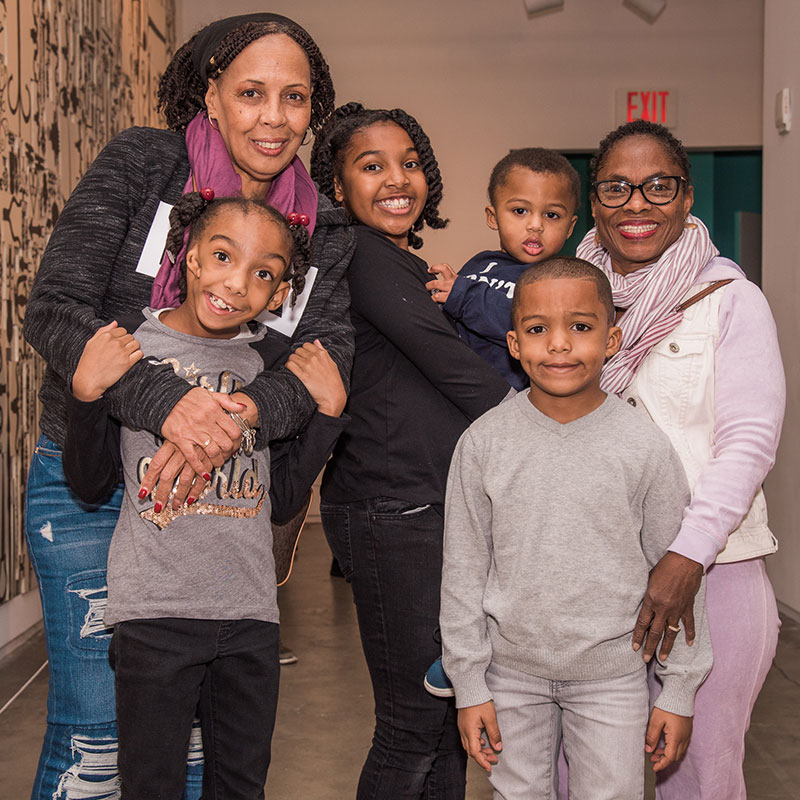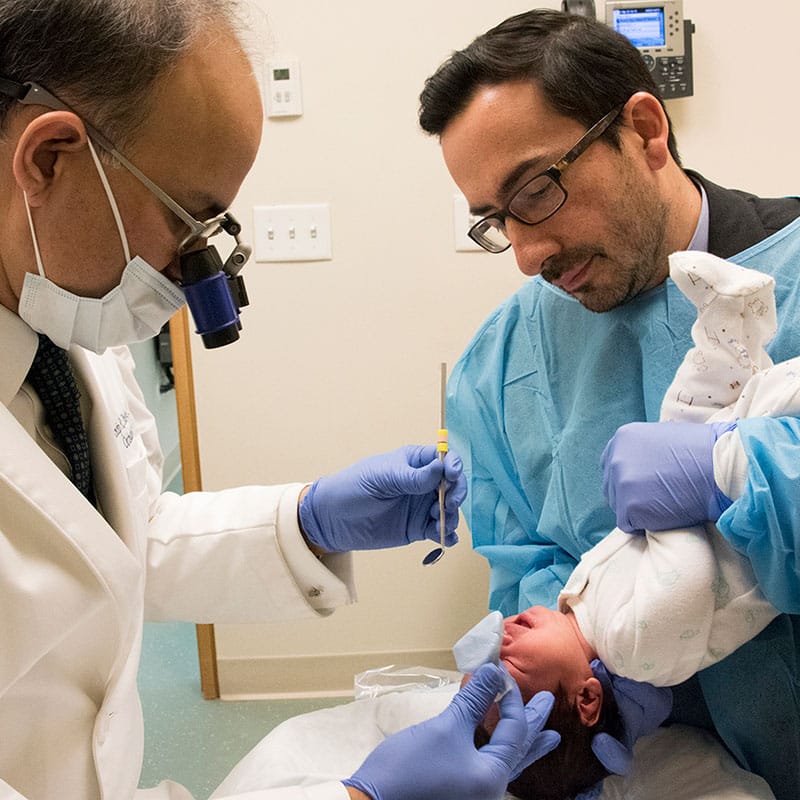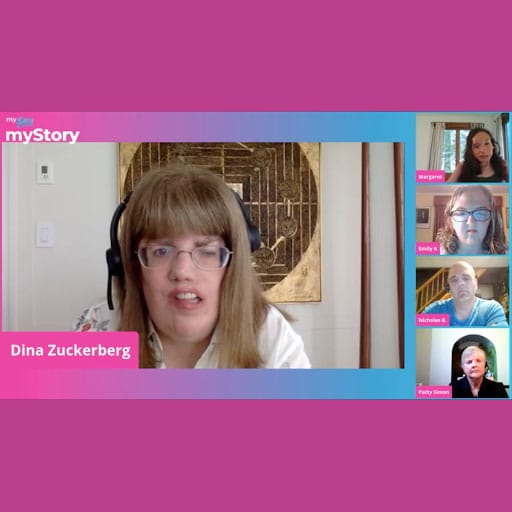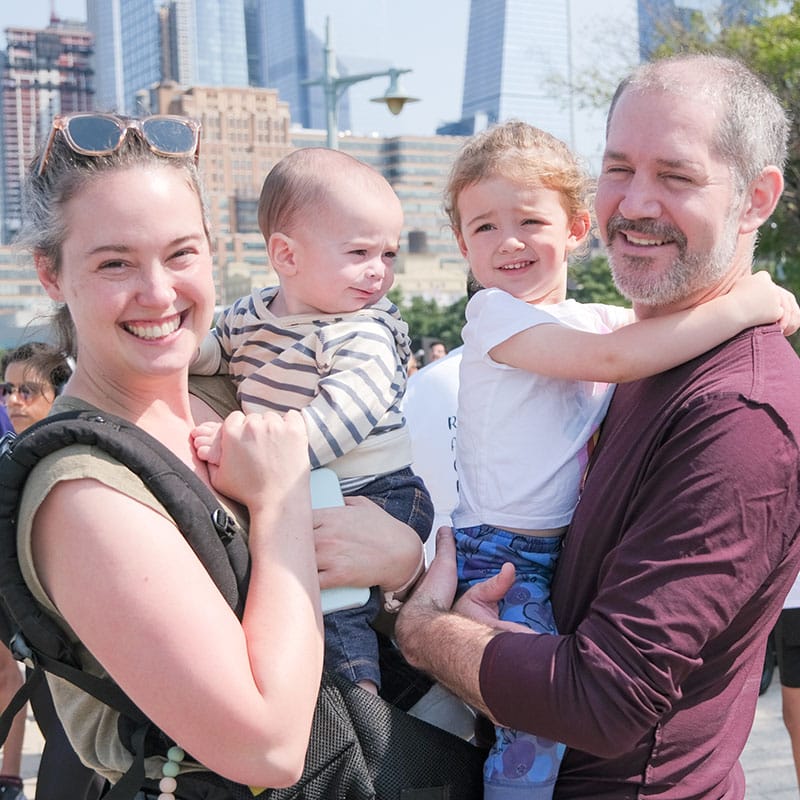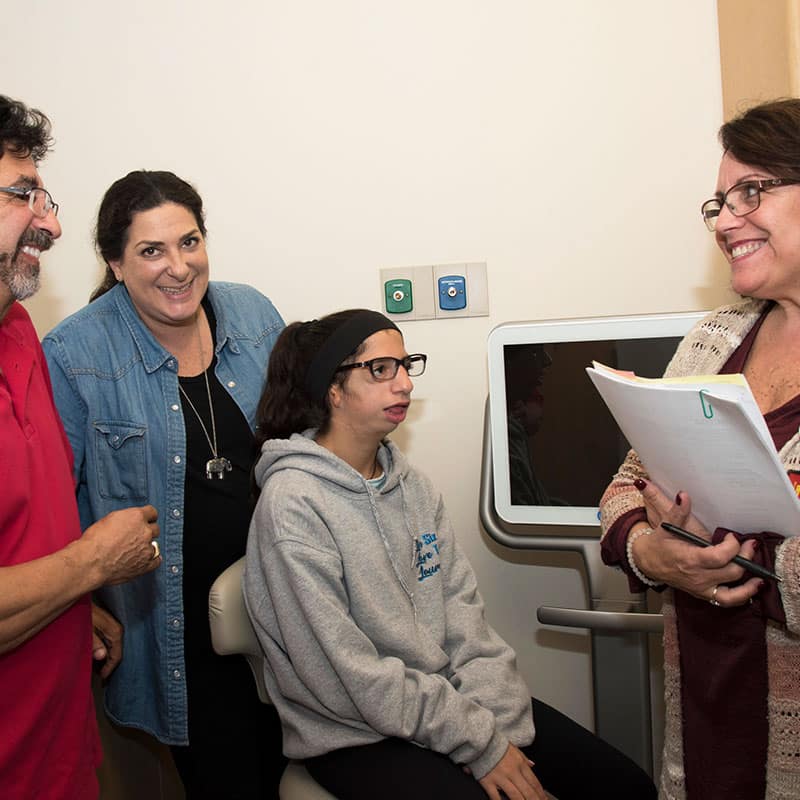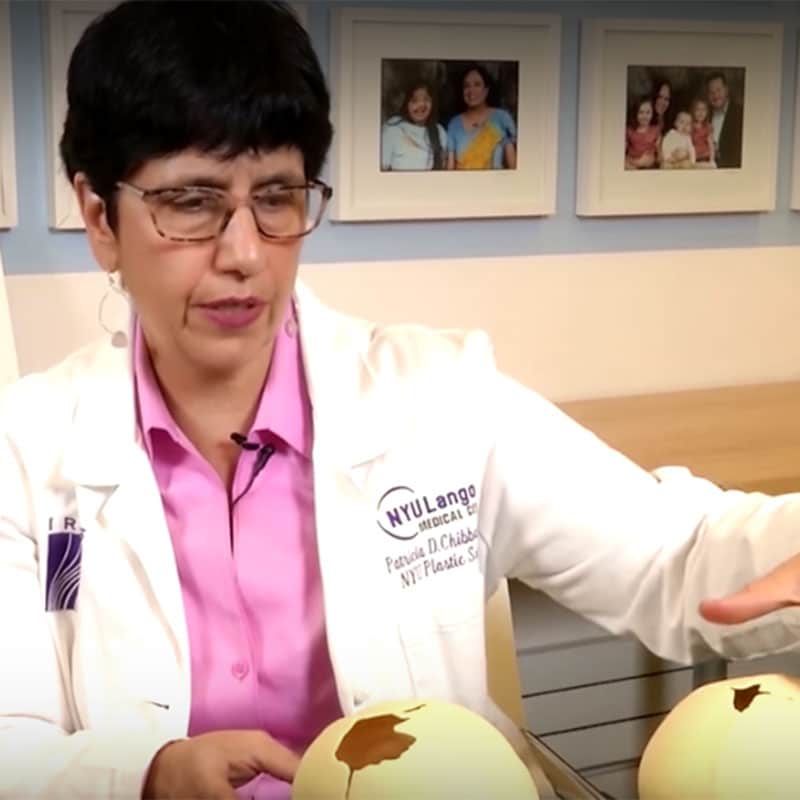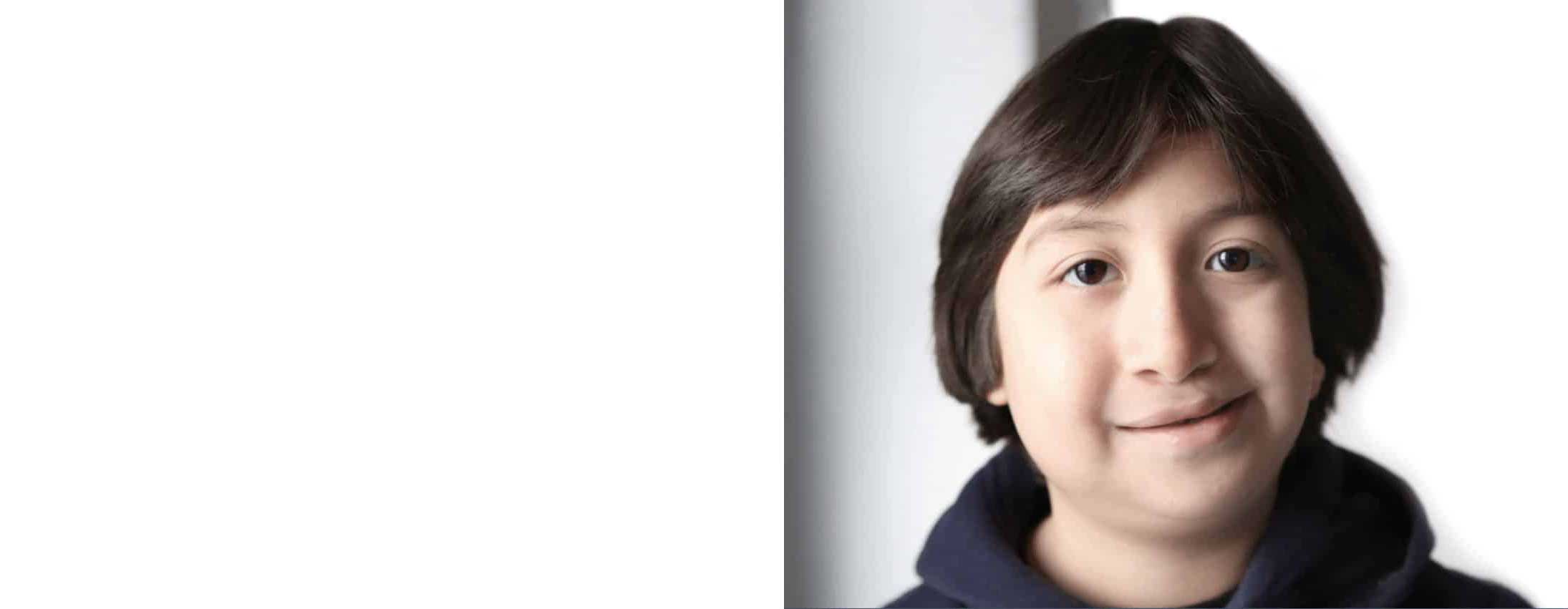By: Shawn Sadjatumwadee
Jan 10, 2014. This same date exactly a year ago, I barely had any idea what a cleft lip was and certainly didn’t know what a cleft palate was. We had just found out my wife, Tene, was pregnant with our second child, and started the long countdown all expecting parents make to her due date in August. Our first child, Kamau, is a healthy, energetic 6 year old who was born without any issues, so we expected the same thing this time around.
Fast forward a couple months to March — we went to the hospital for what we thought would be a routine anatomy scan and left finding out our daughter would be born with a cleft lip and palate. I could tell you a whole narrative about how we found out from the doctor, the thoughts circling through our heads, or in hindsight how the ultrasound tech’s tediousness made sense, but this post isn’t about that. We all have our own stories and narratives that are unique – I’d love to share ours one day, but today I’d like to focus on the way I felt after finding out about Akemi’s (that’s our daughter’s name) clefts.
I decided to write about the feelings I had the day I found out about Akemi’s clefts because I think those feelings are a bond that tie many of us with children who have facial differences. We all have our own “finding out” story, but from my (not-so-scientific) research talking to other parents, it seems we all go through these feelings to some degree. They are a natural part of the process whether you found out in utero or the day your child was born . One of the things I wanted to know and feel after finding about the clefts was that there were other people who experienced the same feelings that I did – that I wasn’t alone. With that said, I know parents go through these feelings at different rates and in various stages. Some parents even cycle through the different feelings multiple times.
Confusion- Wait, what? Did I hear that right? What’s a cleft again?
Sadness- I can’t believe this happened to us. This is terrible. How am I going to deal with this? What will my family and friends think?
Guilt- What did I do cause this? Was it my genes? Did I eat something or do something I wasn’t supposed to?
Anger- What did we do to deserve this? Its not fair. This is going to be so difficult. How are we going to feed him?
Contentment- I’m ready. We’re going to be okay. I can’t wait to meet the baby. She’s almost here! Wait. What do I need to bring to the hospital again?
I think most of the feelings above are self-explanatory. I’m not a mental health professional, so I’ll stay away from an in-depth diagnosis on the feelings. What I really want to highlight to readers who have cleft-affected babies, will have cleft-affected babies, or know someone who has a cleft-affected baby is that you aren’t alone in having any of these feelings. You shouldn’t feel guilty for feeling guilty or angry at the world. Don’t feel embarrassed that you’re not sure how you will feed a baby with a cleft when you had a hard enough time feeding a baby without one. In general, there are going to be some low periods followed by a feeling of contentment that is usually reached when you’ve come to terms with the diagnosis and you’ve created a plan to tackle it head on. This isn’t to say that there isn’t still stress and decisions to make. This is simply about coming to terms with the fact that you are going to have a baby, he/she is going to be born with a facial difference, and you are ready to love, nurture, and support him/her. After you’ve done all the research you could, talked to every person you thought would be helpful, learned about every bottle type you’ll be able to feed your baby with, and consumed every bit of information out there on clefts, you’ll remember once again that you’re having a baby and it’s going to be a great ride.

